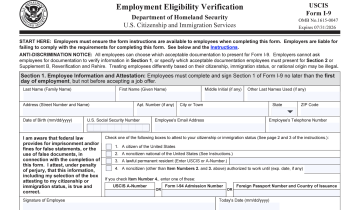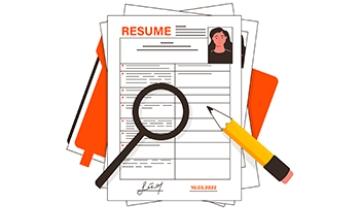By: Nicole Morehouse and Rhonda Blum, MRA
Q: Can we rescind an offer or disqualify a candidate based on a criminal conviction on their background check?
A: Employers need to proceed with caution when they receive a background check report indicating a candidate has convictions on their record. Multiple federal and state laws give equal employment opportunity protections to individuals with criminal histories. The U.S. Equal Employment Opportunity Commission (EEOC), for example, puts forth that employers should use the following considerations when making employment decisions:
- The nature and seriousness of the offense/crime;
- The time that has passed since the criminal offense or completion of the sentence; and
- The nature of the job.
Accordingly, as a first step, employers should determine if the record results are indeed convictions. Generally, applicants should not be disqualified based on arrests, dismissed charges, or expunged convictions. If the candidate has one or more convictions on their record, the employer will need to consider if the convictions are recent and related.
For a candidate to be disqualified based on a prior conviction, the employer must consider how recently the candidate committed the offense or completed their sentencing. If the employer uses a consumer reporting agency (CRA) to conduct the background check, their CRA is subject to the federal Fair Credit Reporting Act (FCRA). CRAs are prohibited by federal law from reporting arrests over seven years. However, they can report convictions according to your agreement with the CRA. This burdens the employer to fairly evaluate if the offense resulting in a conviction occurred recently enough to consider it when making employment decisions. Multistate employers should be aware that there are several states with laws that are more restrictive than the FCRA. The CRA can help employers ensure they comply with these laws.
To ensure the background results are assessed fairly, the employer should also consider the seriousness of the offense and if the conviction is related to the position being offered. A typical example is a candidate, with a recent relatable theft conviction, who applies for a cash handling role. The candidate could likely be disqualified for the position, as their offense may meet the requirements of being recent and related. Employers should be aware that certain industries may have governing regulations and more stringent requirements for disqualifying candidates (e.g., health care, law enforcement, banking, etc.).
If an employer makes an employment decision based on background check results obtained through a CRA, the employer will need to follow the adverse action process to disqualify the candidate and rescind the offer. The adverse action process, under the FCRA, requires an employer to send both a pre-adverse action letter and an adverse action letter to disqualify the candidate.
MRA has several resources to assist employers in conducting background checks on prospective employees. MRA’s background checking services can ensure employers are receiving timely and accurate information. MRA also offers sample adverse action letters and policies. The HR Hotline Advisors can assist with questions that may arise throughout the process. The EEOC also provides a guide for employers who utilize criminal background checks in their selection process.




